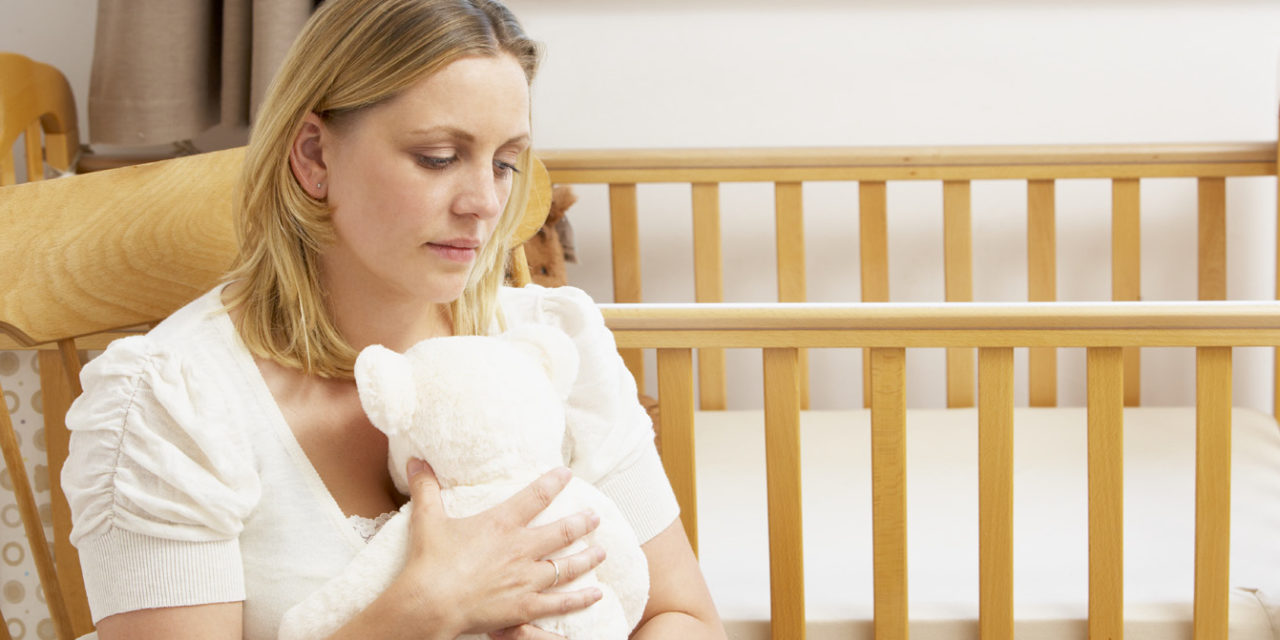How is recurrent pregnancy loss (RPL) diagnosed?
A woman is diagnosed with RPL after she has two miscarriages, which do not have to be consecutive.
How many women suffer from RPL?
Approximately 25% of women experience at least one miscarriage with 3-5% having RPL. It is very common, so do not feel alone if you are going through a loss.
When should I go see a specialist?
Reproductive endocrinology and infertility (REI) specialists have additional training in the evaluation and treatment of RPL and should be seen as soon as the diagnosis is made.
What are causes of RPL?
There are many potential causes of RPL, which your provider will investigate: genetic, anatomic, lifestyle/environmental, immune, infectious, and hormonal.
What tests will be done?
Typically, this consists of blood tests on both the male and female partners as well as a vaginal ultrasound on the female. Tests may also be run on tissue from a miscarriage if that is available.
What are possible treatments?
For some factors, medication is able to optimize outcomes; for others, surgery is recommended. In vitro fertilization with genetic testing of embryos may also help decrease future miscarriages in some cases. Your doctor will be able to walk you through the decision-making process.
What are helpful resources for women with multiple miscarriages?
Physical healing after a miscarriage typically takes six weeks. Emotional healing can understandably take much longer. There are books, support groups, and skilled therapists around Memphis who can help. It’s important to not blame yourself for a loss. Most miscarriages are due to factors outside your control.
Is there hope for a baby after multiple miscarriages?
Even after three miscarriages, a woman has a 60-80% likelihood of carrying a baby to full-term. There are many things that can increase your chances of success.
By Amelia P. Bailey, M.D.
Dr. Amelia Purser Bailey is an OB/GYN and is the Director of Minimally Invasive Surgery at Fertility Associates of Memphis and board certified in Reproductive Endocrinology and Infertility. Dr. Bailey was an Instructor at Harvard Medical School and a Visiting Scientist at the Massachusetts Institute of Technology while completing her fellowship in Reproductive Endocrinology and Infertility at Brigham and Women’s Hospital / Harvard Medical School in Boston, Mass. She was the Chief Resident of Obstetrics and Gynecology at the University of Virginia Health System in Charlottesville, Va., and she earned her medical degree from the University of Mississippi School of Medicine in Jackson, Miss.







